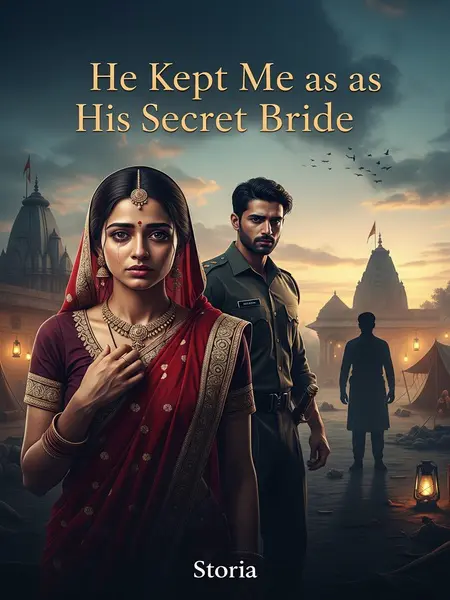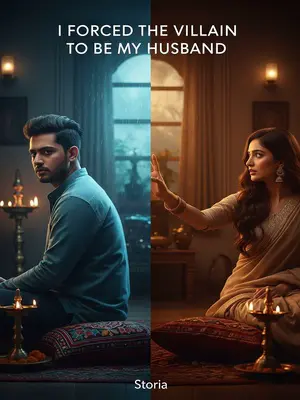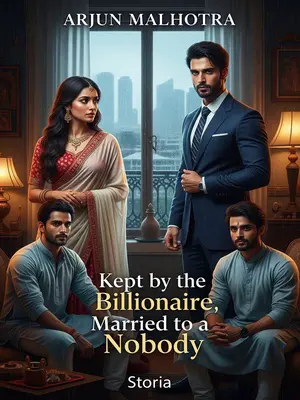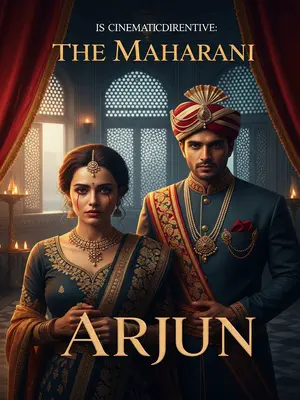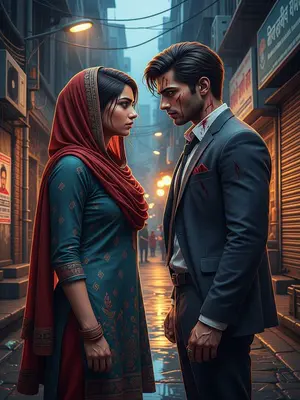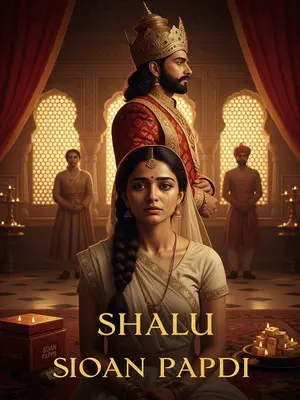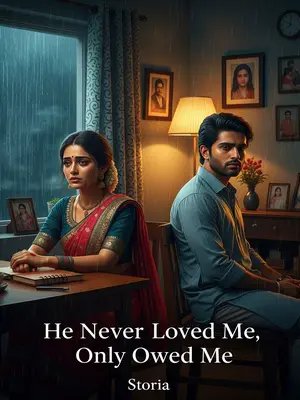Chapter 2: The Price of Survival
After the war, by custom, camp girls were to be sent to the red-light areas.
Everyone in the cantonment understood what that meant. It was a fate whispered about in half-words by the older ayahs and canteen boys, their faces grave. Those places—narrow gullies in distant towns—were packed with misery, the endless shuffle of footsteps on cracked pavements. For women like us, it was the last stop before oblivion: no music, no letters, just the sound of men’s voices and the clink of coins. The threat hung over us like Lucknow’s oppressive humidity before a storm.
That place was full of all sorts—old, young, perverted, depraved—not a place fit for human beings.
Stories floated through the camp, always beginning with “Suna hai…”—of girls who vanished, never seen again, or who returned with hollow eyes and shaking hands. In the mess, old jawans muttered about “red-light women” as if we’d already crossed over. The stench of cheap alcohol and sweat clung to those districts, lingering on saris and skin.
So three days ago, the younger girls began to try every trick to attach themselves to the soldiers.
We watched the parade ground with new eyes. Every time a batch of jawans left, girls hovered at the edges—offering nervous smiles, bright laughter, little gifts, even whispered prayers. Some tried to touch the soldiers’ feet or call them “dada” or “bhaiya,” hoping for mercy. At night, giggles and hopeful sighs mingled with the sizzle of pakoras near the kitchen.
These men had survived the war, and after victory, would go home to rewards. Even if they already had wives, taking a second wife or keeping someone was a mercy for us—better than the life that waited elsewhere. Some girls whispered about hidden lives in far-off villages, maybe even a child and a sliver of respect. Our hopes, once grand, had shrunk to fit whatever little the world would offer.
When Kabir Singh appeared, it was because a lecher wanted to take me as his mistress. When I refused, he grew enraged and threw me onto the bed in the tent.
The man’s breath reeked of stale rum. He laughed like he’d already won. My hands scrambled against the rough bedsheet, heart pounding in my throat. I tried to kick, but he pinned me down with the cruelty of someone who’d done it before. Outside, the dholaks of a distant wedding mocked my fear.
"Slut. Daughter of a criminal, a camp girl, and you still act like some proper lady? With the young major around, I never got a taste. Now it’s my turn…"
His voice slithered in the darkness, his hands clawing at my wrists. I could smell the cheap tobacco, see the yellow of his eyes. My mind flashed to a Diwali long ago—the smell of marigold garlands, the laughter of cousins, the warmth of a home I’d never see again. That life felt impossibly far away.
Before he could finish, someone grabbed his collar and threw him to the ground.
The tent flap whipped open. Hot, dusty air rushed in. A broad shadow filled the entrance. The man was yanked away so violently, I thought the cot would break. The scuffle was fast, brutal—the attacker hit the earth like a sack of grain.
I scrambled up in panic and saw Kabir Singh.
He stood there, chest heaving, fists clenched. In the harsh light, sweat glistened on his temples. His eyes flashed with something fierce—anger, protectiveness. My legs trembled as I tried to stand.
He dragged the man out as if he were nothing more than a chicken.
Kabir’s grip was iron, his arm steady. The shouts outside were drowned by the other jawans. A moment later, silence returned—as if the earth itself swallowed the trouble whole. Outside, the camp’s old dog whined, and somewhere, a kettle whistled, oblivious.
After the commotion, the camp fell into uneasy quiet. I heard the rustle of canvas, the clink of a rifle being set down. I stood in the tent, breath shaking, waiting for the world to right itself.
Kabir Singh returned, filling the doorway, the tube light behind him. His skin, the colour of ripe wheat, shone with sweat. His gold rakhi caught the light. I became aware of my torn dupatta, the mess of my hair. He kept his gaze low, as if something sacred stood between us.
The silence stretched, broken only by the thud of my heart. I watched a bead of sweat roll down his throat, disappearing into his kurta. No judgment in his eyes—just a steady, awkward patience.
I don’t know how long we stood like that. The old alarm clock ticked, a fan whirred in the next tent. I wondered if he would speak, if he would leave, if dawn would break this spell.
He finally said, his voice gruff, “Main kar sakta hoon.”
It was abrupt, but I understood. He was offering escape, not out of charity, but a desperate decency. In his eyes, I saw exhaustion and the weight of the world. His words were simple, but the awkward shuffle of his feet, the hesitance—everything else spoke volumes.
These days, not just that scoundrel, but five or six men had come, offering to take me home, some even promising marriage. Each time, their eyes lingered too long, their hands brushed too close. Their promises sounded hollow, like campaign speeches over the loudspeaker. Only Kabir looked me in the eye.
Once, I was the cherished daughter of the Finance Secretary—skilled in music, chess, painting, and dance. My beauty was once famous throughout Kaveripur. Now those memories felt like another life.
I had refused them all before, each refusal a tiny rebellion. Today, pride felt thin as a moth-eaten shawl. But Kabir’s embarrassment was real. His ears turned red as he waited for my answer, looking away.
He looked like someone who was owed money—jaw clenched, teeth grinding. But his ears betrayed him. For all his strength, he was no different from the boys I once knew—hoping, fearing rejection. In his silence, I found a forgotten respect.
I managed, “Kal bataungi. Thoda sochna padega.”
My voice was steadier than I felt. I folded my hands in my lap, tucking a loose strand behind my ear, clutching my dupatta tighter.
After Kabir left, the old woman’s voice creaked from the corner.
“He might be the last one, beti.” Her tone was teasing but there was warning too. “Opportunities don’t wait, beti. After this, only darkness.” She let out a wheezing laugh that ended in a cough.
She was the only other person left, a woman who had seen generations come and go. Her words carried hard-earned wisdom. I wondered if she saw herself in me, or simply didn’t want another girl’s regret echoing in her ears.
She laughed at me, but not cruelly. “Meera, since he’s willing to take you, just go. Who are you waiting for? That illustrious Major Arjun, who will marry the MLA’s daughter?” Her irony was heavy, born of too many years.
In the camp, nothing stayed secret long. The old woman watched everything—my comings and goings, Arjun’s glances. Only Arjun’s protection kept the worst at bay—a blessing and a curse.
Every two days, I would go out at night with my sitar. The music became my only solace—a secret prayer. Only someone as powerful as Arjun could grant me that privilege. The others eyed me with jealousy and pity.
She thought Arjun treated me as a plaything, and I shouldn’t long for someone so far above me. “Don’t waste your heart on men like that, Meera. They take what they want, leave you to gather the pieces.” Her own heartbreaks showed in the wrinkles at her eyes.
But she didn’t know, the one who wouldn’t let go was never me. If there was a thread binding us, it was Arjun who pulled it tight—not me. My longing had long dried up, replaced by resignation.
